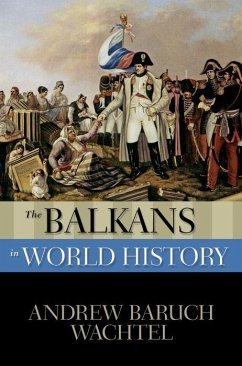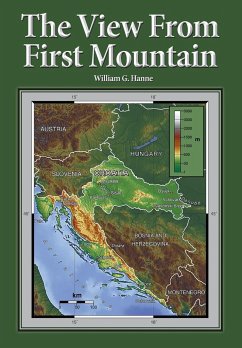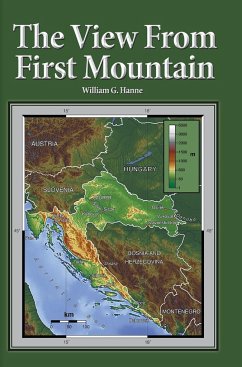In the historical and literary imagination, the Balkans loom as a somewhat frightening but ill-defined space. The Balkans should probably be defined as that borderland geographical space in which four of the world's greatest civilizations have overlapped to produce a complex and dynamic civilization.
Eminent historian Andrew Wachtel here depicts the Balkans as that borderland geographical space in which four of the world's greatest civilizations have overlapped in a sustained and meaningful way to produce a complex, dynamic, sometimes combustible, multi-layered local prvilization. It is the space in which the cultures of ancient Greece and Rome, of Byzantium, of Ottoman Turkey, and of Roman Catholic Europe met, clashed and sometimes combined. The history of the Balkans is thus a history of creative borrowing by local people of the various civilizations that have nominally conquered the region.
Hinweis: Dieser Artikel kann nur an eine deutsche Lieferadresse ausgeliefert werden.
Eminent historian Andrew Wachtel here depicts the Balkans as that borderland geographical space in which four of the world's greatest civilizations have overlapped in a sustained and meaningful way to produce a complex, dynamic, sometimes combustible, multi-layered local prvilization. It is the space in which the cultures of ancient Greece and Rome, of Byzantium, of Ottoman Turkey, and of Roman Catholic Europe met, clashed and sometimes combined. The history of the Balkans is thus a history of creative borrowing by local people of the various civilizations that have nominally conquered the region.
Hinweis: Dieser Artikel kann nur an eine deutsche Lieferadresse ausgeliefert werden.








